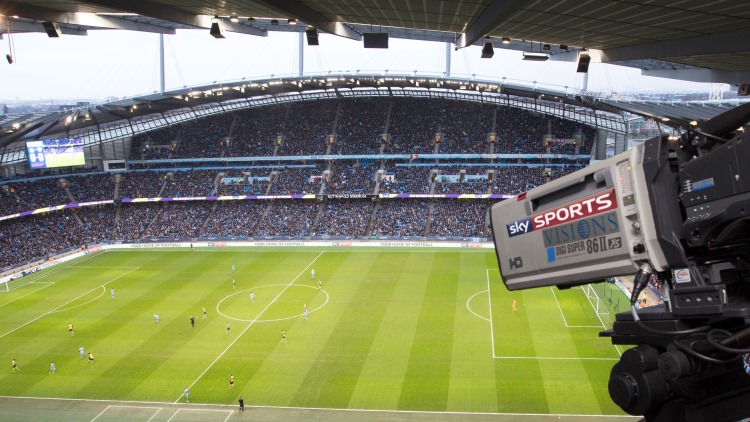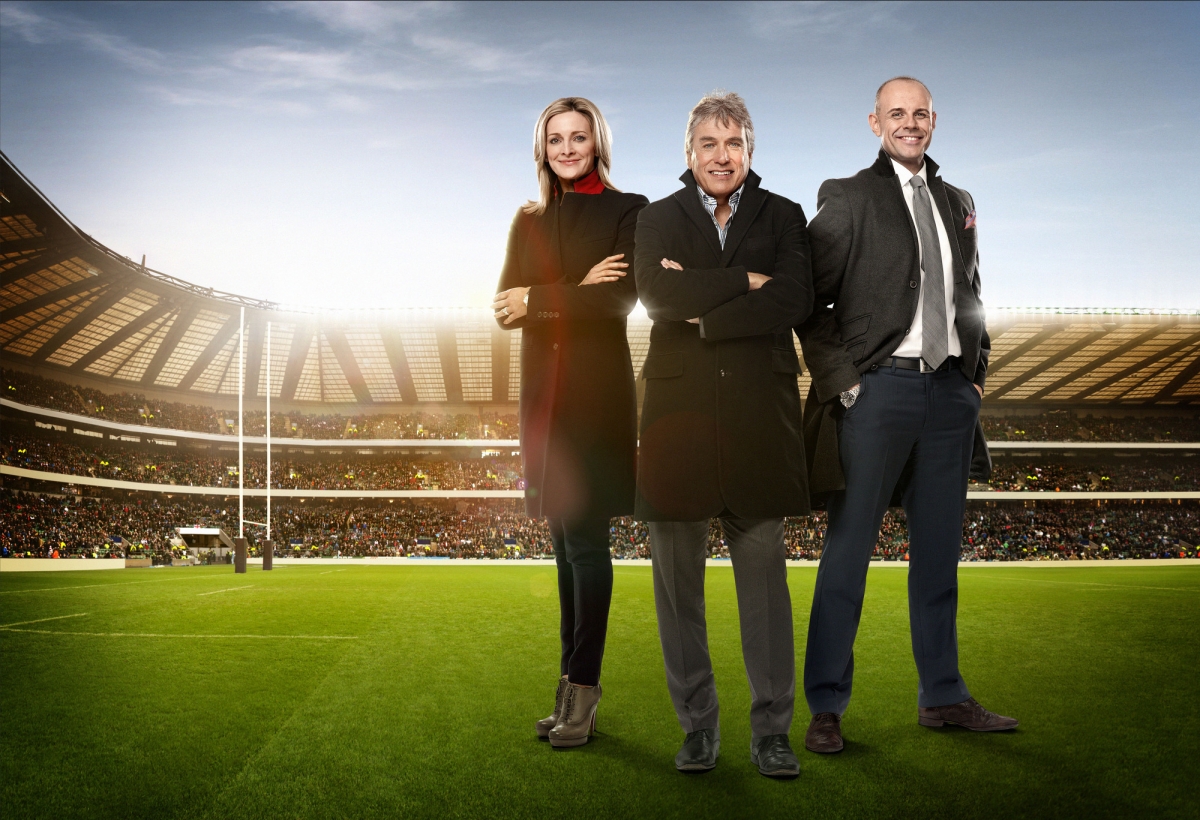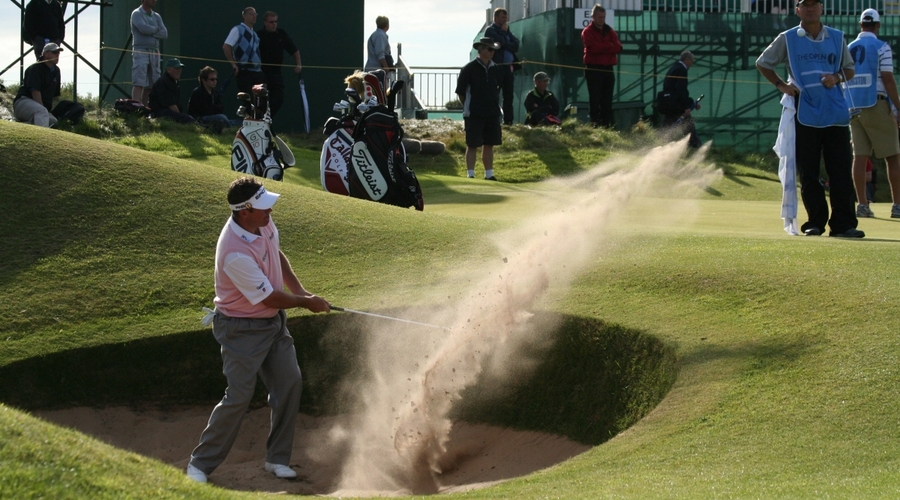Now that The Open has moved to Sky, is more sport under threat of shifting behind a pay wall? Head of TV Sport at the BBC, Phillip Bernie shares his thoughts.
The golfing world has divided this month by the news that The Open will be moving from the BBC to Sky Sports from 2017.
This will mean that the world's oldest golf tournament will no longer be '¦ree×´oסir' live as only highlights will be on the BBC.
While sporting events like the Premier League or international cricket have been pay-to-view for years, events like The Open or Formula 1 have started getting put behind pay walls.
"We want to do our best to own and cover the biggest national sporting events and show them in the best way we can to the widest possible audience, " said Philip Bernie, Head of TV Sport at the BBC.
But, he added, "·e'¶e got to be very careful with every pound we spend in the license fee ".
Even with a smaller budget to rivals, the BBC has the most watched sports programme in Match of the Day as well as the most popular sports website in the UK.
 Sky Sports Premier League Coverage
Sky Sports Premier League Coverage
The relationship between TV, radio and online means that "·e have incredibly powerful pan-media oomph " according to Bernie. "We provide a lot for licence fee-payers who love sport but don'´ necessarily want to pay for it ".
Sky Sports managing director, Barney Francis takes the view that pay-to-view sports coverage simply means that more sport gets aired, and that this benefits the fans. He told The Telegraph in an interview, "Surely no one would want to turn back the clock? " Before Sky Sports, Francis said, only 27 hours of sport was shown on TV. Neighbours would interrupt England games and The Ashes would have to dodge around children's TV.
To protect the universal access of key sporting events, regulator Ofcom and formerly the Independent Television Commission devised a two-tier list.
 Six Nations coverage on the BBC
Six Nations coverage on the BBC
For example, currently the Football World Cup or Wimbledon final must be shown on free-to-air, while other tournaments, like The Open or The Six Nations can be broadcast on pay television.
But the BBC's Head of TV Sport insists that the Six Nations isn'´ leaving his screens anytime soon. "The Six Nations is an incredible success story at the BBC ". Over 9 million people tuned in to watch England beat Wales on the opening night.
"These are huge figures and to be honest a large part of the population only get their rugby union through The Six Nations."
Speaking this month, Director General of the BBC, Tony Hall said that the BBC only shows 3% of all the sport on British television but still attracts 45% of sports viewers. On top of that about two thirds of Premier League fans exclusively watch highlights on the BBC and ignore Sky entirely.
Although there was some anger about The Open's move to Sky, a hybrid between free״oסir and pay-to-view sport is here to stay.
The record Premier League deal is an example of the power of pay TV while the Six Nations showcases the benefits of free-to-air. It all depends on the sport itself and who the audience is.
By Alastair Ballantyne

